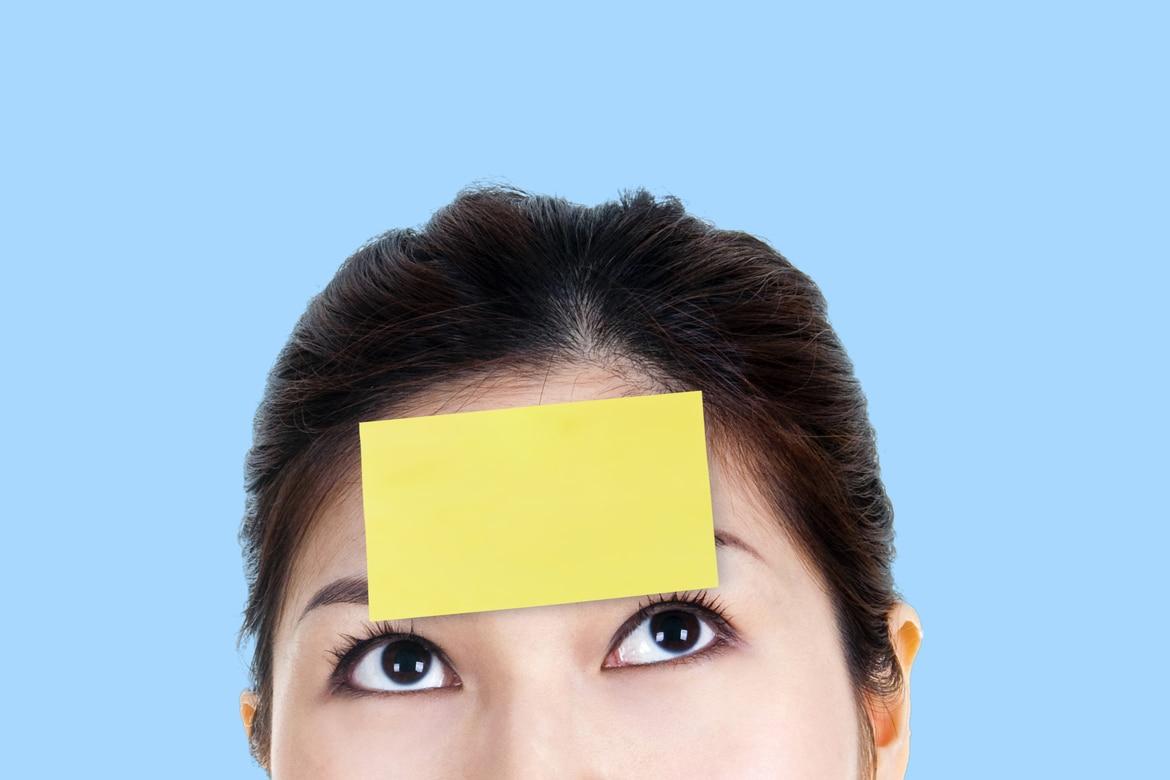
Hypertension Headache
What is a hypertension headache?
A hypertension headache is a type of headache that occurs when blood pressure is extremely high.
Hypertension, or high blood pressure, can sometimes lead to headache as one of its symptoms, although not everyone with high blood pressure will experience this. These headaches are typically associated with severe or chronic hypertension and can be a sign that blood pressure is dangerously elevated, requiring immediate medical attention.
What are the types of hypertension headaches?
Hypertension headaches can be categorised based on the underlying blood pressure condition:
- Acute hypertension headache occurs during a sudden and severe spike in blood pressure, often related to a hypertensive crisis.
- Chronic hypertension headache is associated with long-term, poorly managed high blood pressure and may develop gradually over time.
What are the symptoms of a hypertension headache?
Symptoms of a hypertension headache include:
- Throbbing or pulsating head pain, often on both sides of the head
- Sudden onset of headaches which often come on suddenly and intensely, reaching peak pain quickly
- Pain that is typically worse in the morning or when lying down
- Accompanying symptoms such as blurred vision, dizziness, or shortness of breath
- Nosebleeds or chest pain in severe cases
- Sensitivity to light and noise
- Nausea or vomiting
When to seek medical attention?
You should seek medical attention if:
- You experience frequent or severe headaches that do not improve with over-the-counter medications
- The headaches are accompanied by other symptoms such as blurred vision, dizziness, or chest pain
- You have a known history of hypertension and notice an increase in headache frequency or severity
- Your blood pressure readings are consistently high despite treatment
When to visit an urgent care centre?
Visit an urgent care centre if:
- You experience a sudden, severe headache unlike any you have had before
- The headache is accompanied by neurological symptoms such as weakness, numbness, or difficulty speaking
- Your headache is associated with symptoms of a hypertensive crisis, such as severe chest pain, shortness of breath, or a significant increase in blood pressure
- You experience vision changes, confusion, or seizures
What causes a hypertension headache?
A hypertension headache is caused by elevated blood pressure that affects the blood vessels in the brain. When blood pressure is extremely high, it can lead to increased intracranial pressure, which results in headache pain. The exact mechanism is not fully understood, but it is believed that the stretching of blood vessel walls and changes in blood flow contribute to the pain.
What are the complications of a hypertension headache?
A hypertension headache itself is not life-threatening. However, it does serve as a warning sign of underlying high blood pressure, which can lead to serious health complications if left untreated.
If left untreated, hypertension can lead to several serious complications:
- Stroke or transient ischaemic attack (TIA)
- Heart attack or heart failure
- Kidney damage or failure
- Vision loss or damage to the retina
- Increased risk of chronic headaches and other neurological conditions
While not a direct complication of hypertension headaches, experiencing frequent headaches due to high blood pressure can negatively impact your quality of life, such as reduced productivity, anxiety, and depression.
How do you prevent a hypertension headache?
Preventing a hypertension headache involves managing your blood pressure and adopting a healthy lifestyle:
- Keep track of your blood pressure with regular check-ups and home monitoring.
- Take prescribed antihypertensive medications as directed by your healthcare provider.
- Follow a balanced diet low in sodium and rich in fruits, vegetables, and whole grains.
- Engage in regular physical activity to help maintain a healthy weight and improve cardiovascular health.
- Chronic stress can contribute to high blood pressure. Implement stress-reducing techniques such as yoga, meditation, or deep breathing exercises.
- Refrain from smoking and limit alcohol consumption to reduce blood pressure.
This page has been reviewed by our medical content reviewers.
Need help?
For enquiries, please call
+65 6250 0000 (Orchard) or +65 6898 6898 (Novena)
For appointment bookings, please WhatsApp
+65 8111 7777 (Orchard) or +65 8111 5777 (Novena)
 Brain & Spine Care
Brain & Spine Care







